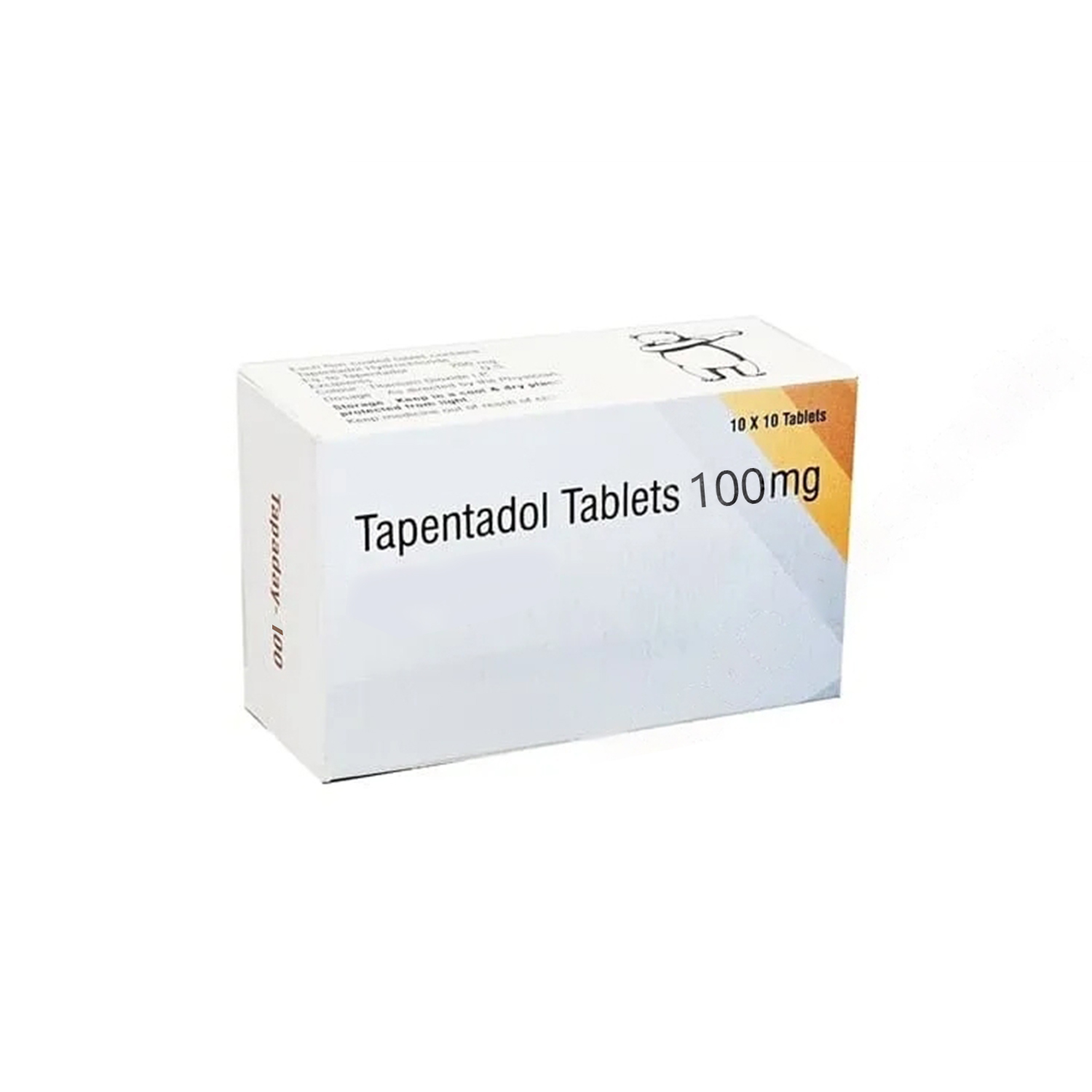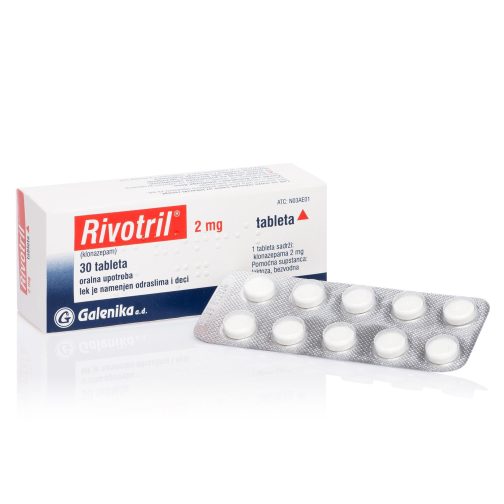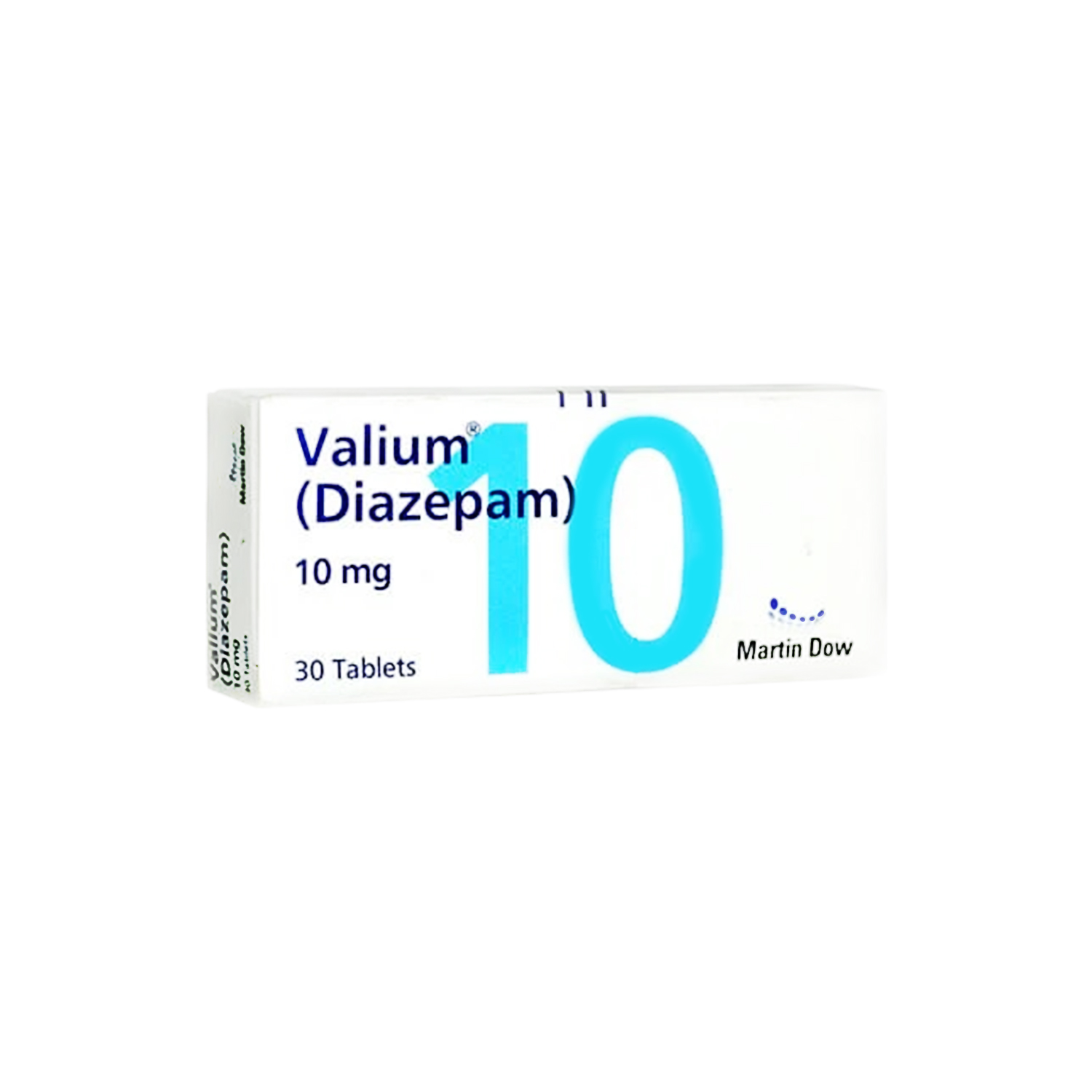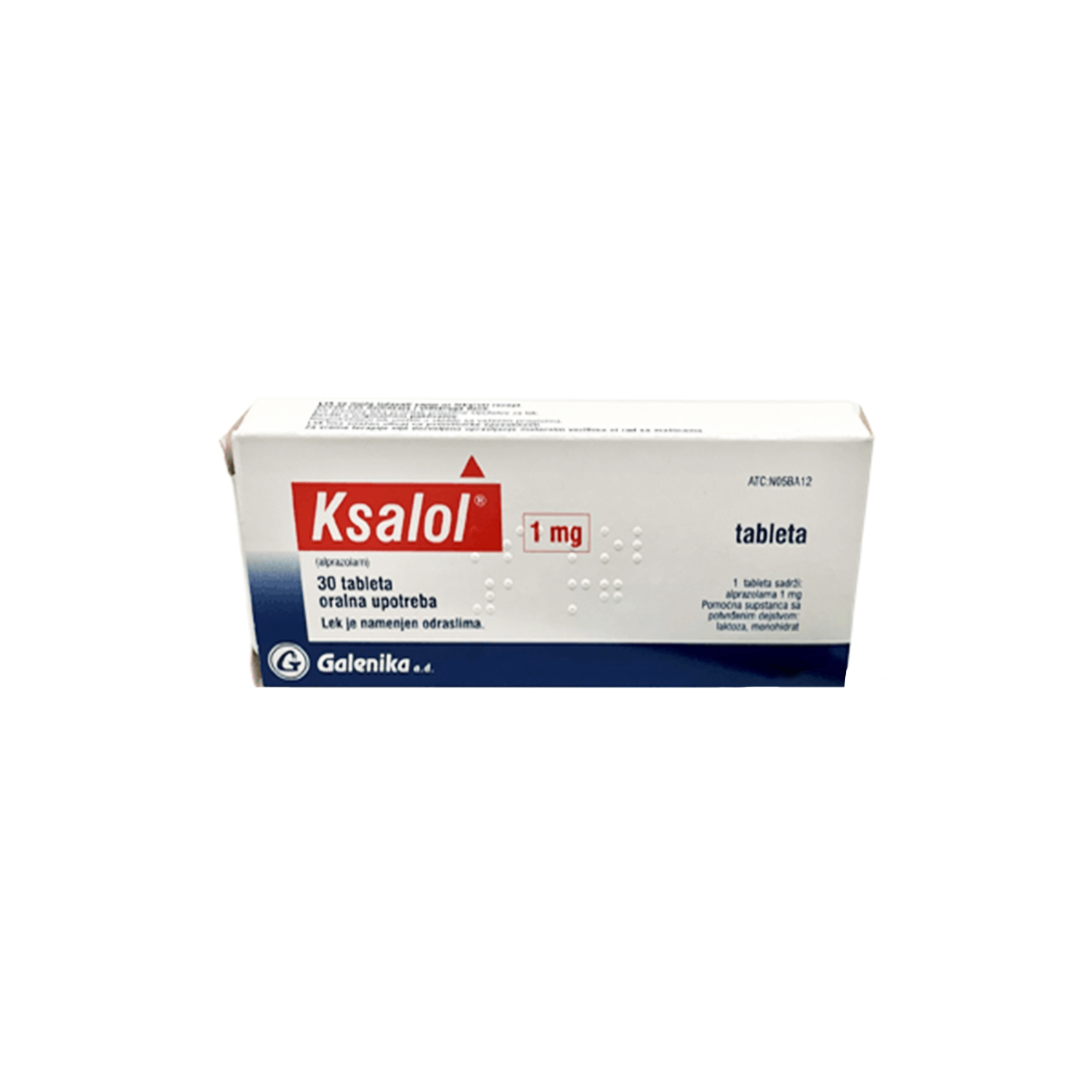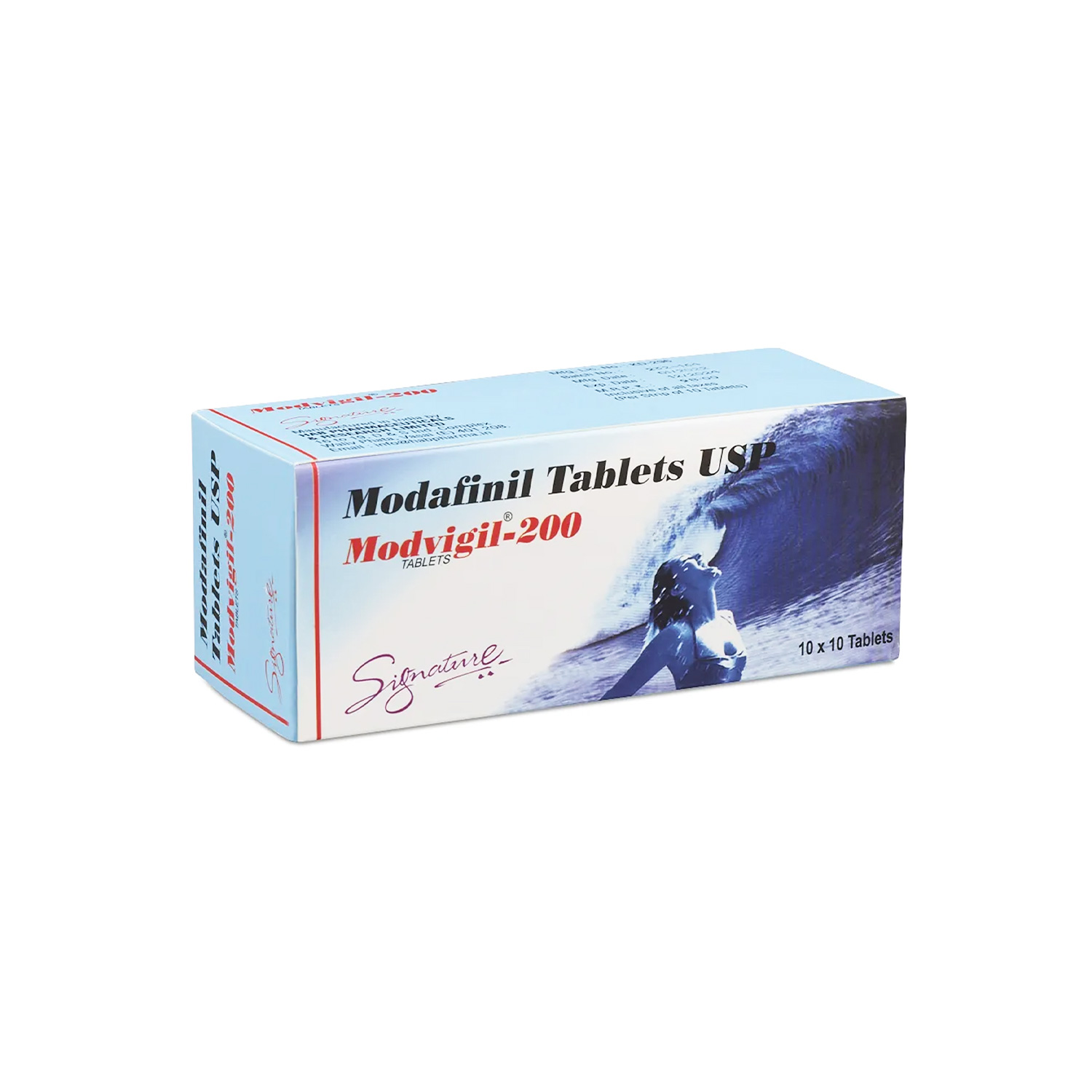Depression And Anxiety Physical Symptoms
Understanding the Physical Effects of Depression and Anxiety:
Depression and anxiety are commonly referred to as mental health disorders, and with good reason, as they predominantly impact our thoughts, emotions, and mental health as a whole. Nonetheless, it is crucial to recognise that these conditions also manifest physically, frequently causing distressing symptoms that extend beyond the mind. In this article, we will examine the physical symptoms of depression and anxiety, casting light on these disorders’ unseen aspects.
Fatigue and Low Energy:
Chronic fatigue and a persistent sensation of low energy are two of the most common physical symptoms experienced by individuals with depression and anxiety. It can be overpowering, rendering even simple tasks tiresome. People may experience chronic fatigue regardless of how much rest they get, resulting in decreased motivation and productivity in daily life.
Depression and anxiety can disrupt sleep patterns, leading to insomnia, fragmented sleep, or excessive daytime lethargy. Insomnia, which is characterised by difficulty falling asleep or remaining unconscious, can exacerbate fatigue and emotional instability. Alternatively, some individuals may experience increased drowsiness and find it difficult to remain alert during the day.
Depression and anxiety can have a significant impact on an individual’s appetite and eating patterns. Some people may experience a loss of appetite, resulting in weight loss and malnutrition. In contrast, others may seek solace in food, leading to an increased appetite and weight gain. These alterations in dietary habits can contribute to an individual’s emotional distress and self-esteem.
Chronic muscle tension, stiffness, and body aches are frequent physical symptoms of melancholy and anxiety. Individuals who experience tension and anxiety may develop persistent muscle contractions, particularly in the neck, shoulders, and back. This tension can cause discomfort, pain, and even migraines, adding to the person’s distress.
Gastrointestinal Problems:
The gut-brain connection is a well-established phenomenon, and it manifests in depressed and anxious individuals. Commonly reported physical symptoms include digestive problems such as stomachaches, cramping, bloating, and irritable bowel syndrome (IBS). The tension and emotional turmoil associated with these mental health disorders can disrupt the digestive system’s normal functioning, resulting in gastrointestinal distress.
Cardiovascular Symptoms:
Anxiety and depression can have a substantial impact on the cardiovascular system. Individuals may experience heart palpitations, an elevated pulse rate, and chest pain, which may resemble heart attack symptoms. Chronic stress associated with these disorders may also contribute to hypertension, placing individuals at risk for a variety of cardiovascular diseases.
Although depression and anxiety are predominantly recognising as mental health disorders. It is important to recognise their physical manifestations. The toll these conditions take on the body should not be underestimating. As they can have a significant impact on a person’s overall health and quality of life. By recognising and addressing both the mental and physical symptoms of depression and anxiety. We can provide comprehensive care and support for those affected. Remember that professional assistance is essential for accurate diagnosis, appropriate treatment, and complete recovery.


